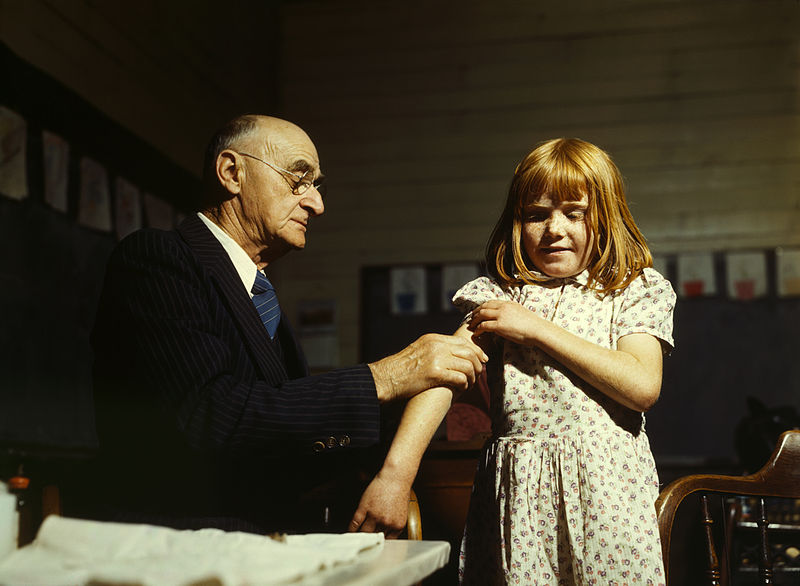|
How the Heart Works - What the Heart Looks Like | NHLBI, NIH
Your heart is in the center of your chest, near your lungs. It has four hollow chambers surrounded by muscle and other heart tissue. The chambers are separated by heart valves, which make sure that the blood keeps flowing in the right direction. Read more about heart valves and how they help blood flow through the heart. Anatomy of the interior of the heart. This image shows the four chambers ...
Heart disease - Symptoms and causes - Mayo Clinic
Symptoms Heart disease symptoms depend on the type of heart disease. Symptoms of heart disease in the blood vessels Coronary artery disease is a common heart condition that affects the major blood vessels that supply the heart muscle. A buildup of fats, cholesterol and other substances in and on the artery walls usually causes coronary artery ...
Heart and Vascular Diseases - NHLBI, NIH
Heart and vascular, or cardiovascular, diseases include conditions such as arrhythmias, coronary heart disease, heart attack, high blood pressure, congenital heart defects, vascular dementia, and stroke. The National Heart, Lung, and Blood Institute (NHLBI) supports research on the causes, diagnosis, treatment, and prevention of heart and vascular diseases, and the interplay of these diseases ...
Coronary Heart Disease Risk Factors - NHLBI, NIH
Your risk of coronary heart disease increases based on the number of risk factors you have and how serious they are. Some risk factors — such as high blood pressure and unhealthy cholesterol levels can be adjusted through heart-healthy lifestyle changes. Other risk factors, such as your age, family history, and race and ethnicity, cannot be changed.
Spotlight on UPFs: NIH explores link between ultra ... - NHLBI, NIH
In addition to heart disease, studies have linked UPFs to weight gain, hypertension, type 2 diabetes, chronic obstructive pulmonary disease, cancer, and other problems. Studies show that UPFs are also linked to health disparities, as populations with low socioeconomic status tend to eat higher amounts of these foods.
Cardiomyopathy - Symptoms and causes - Mayo Clinic
Overview Cardiomyopathy (kahr-dee-o-my-OP-uh-thee) is a disease of the heart muscle. It causes the heart to have a harder time pumping blood to the rest of the body, which can lead to symptoms of heart failure. Cardiomyopathy also can lead to some other serious heart conditions. There are various types of cardiomyopathy. The main types include dilated, hypertrophic and restrictive ...
What Is Coronary Heart Disease? - NHLBI, NIH
Coronary heart disease is a type of heart disease that occurs when the arteries of the heart cannot deliver enough oxygen -rich blood to the heart muscle due to narrowing from the buildup of fatty deposits called plaque . It is also sometimes called coronary artery disease or ischemic heart disease.
Atrial tachycardia - Symptoms and causes - Mayo Clinic
Atrial tachycardia risk factors include: Heart conditions such as coronary artery disease, heart valve disease and other heart diseases. Heart failure. Heart condition present at birth, called a congenital heart defect. Previous heart surgery. Sleep apnea. Thyroid disease. Lung disease, including chronic obstructive pulmonary disease (COPD ...
Atrial fibrillation - Symptoms and causes - Mayo Clinic
Atrial fibrillation (AFib) is a heart rhythm disorder. In a typical heart, a group of cells called the sinus node sends electrical signals that start each heartbeat. The signals go across the upper heart chambers to the AV node, where they usually slow down. Then the signals go to the lower heart chambers, causing them to squeeze and pump out blood. But in AFib, the signals in the upper ...
Cardiovascular Medicine in Phoenix - Mayo Clinic
The cardiology and cardiovascular medicine team at Mayo Clinic in Phoenix, Arizona, specializes in treatment of complex heart and vascular conditions.
|






